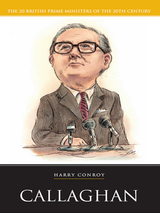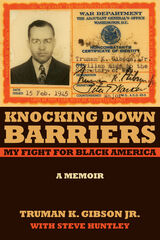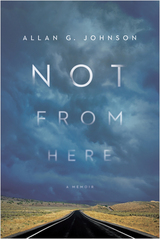

Appointed by Pope John XXIII to the Pontifical Commission on Population, Family, and Birth, Fuchs ultimately found himself disappointed in his three years of service and spent the next thirty years exploring a broad array of issues pivotal to a reconstruction of Roman Catholic natural law theory. This is the first full-length analysis of Fuchs's efforts.
Beginning historically by looking at Fuchs's writings and beliefs before the Pontifical Commission appointment, including his defense of natural law during the "situation ethics" debates of the 50s and 60s, the concept of personal salvation, and the status of "nature" and "human nature," Graham moves to the intellectual conversion that inspired Fuchs to reconsider his concepts following the commission appointment. From there, Graham engages in a sustained critique of Fuchs's natural theory, addressing both the strengths and weaknesses to be found there and suggest possible avenues of development that would make a positive contribution to the ongoing quest to rehabilitate the Roman Catholic natural law theory that continues to dominate the landscape of moral theology today.

Recipient, 2007 Hyde Park Historical Society Paul Cornell Award
Knocking Down Barriers is the memoir of a life spent making a difference. In 1940, when Truman Gibson reported for duty at the War Department, Washington was like a southern city in its seemingly unalterable segregation and oppressive summer heat. Gibson had no illusions about the nation’s racism, but as a Chicagoan who’d enjoyed the best of the vibrant Black culture of prewar America, he was shocked to find the worst of the Jim Crow South in the capital. What Gibson accomplished as an advocate for African American soldiers—first as a lawyer working for the secretary of war, then as a member of Harry S. Truman’s “Black cabinet”—fueled the struggle for civil rights in the American military.
A University of Chicago Law School graduate, Gibson took his fight for racial justice to the corridors of power, arguing against restrictive real estate covenants before the US Supreme Court, opposing such iconic military figures as Generals Dwight D. Eisenhower and George C. Marshall to demand the integration of the armed forces, and challenging white control of professional sports by creating a boxing empire that made television history. Filled with firsthand details and little-known stories about key advancements in race relations in the worlds of law, the military, sports, and entertainment, Gibson’s memoir is also an engaging recollection of encounters with the likes of Thurgood Marshall, W. E. B. Du Bois, Eleanor Roosevelt, George Patton, Jackie Robinson, and Joe Louis. Winner of the 2006 Illinois State Historical Society Book Award Certificate of Excellence, Knocking Down Barriers illuminates social milestones that continue to shape race in the United States today.

As a white man with Norwegian and English lineage, Johnson explores both America and the question of belonging to a place whose history holds the continuing legacy of the displacement, dispossession, and genocide of Native peoples.
More than a personal narrative, Not from Here illuminates the national silence around unresolved questions of accountability, race, and identity politics, and the dilemma of how to take responsibility for “a past we did not create.” Johnson’s story—about the past living in the present; of redemption, fate, family, tribe, and nation; of love and grief—raises profound questions about belonging, identity, and place.
READERS
Browse our collection.
PUBLISHERS
See BiblioVault's publisher services.
STUDENT SERVICES
Files for college accessibility offices.
UChicago Accessibility Resources
home | accessibility | search | about | contact us
BiblioVault ® 2001 - 2024
The University of Chicago Press









